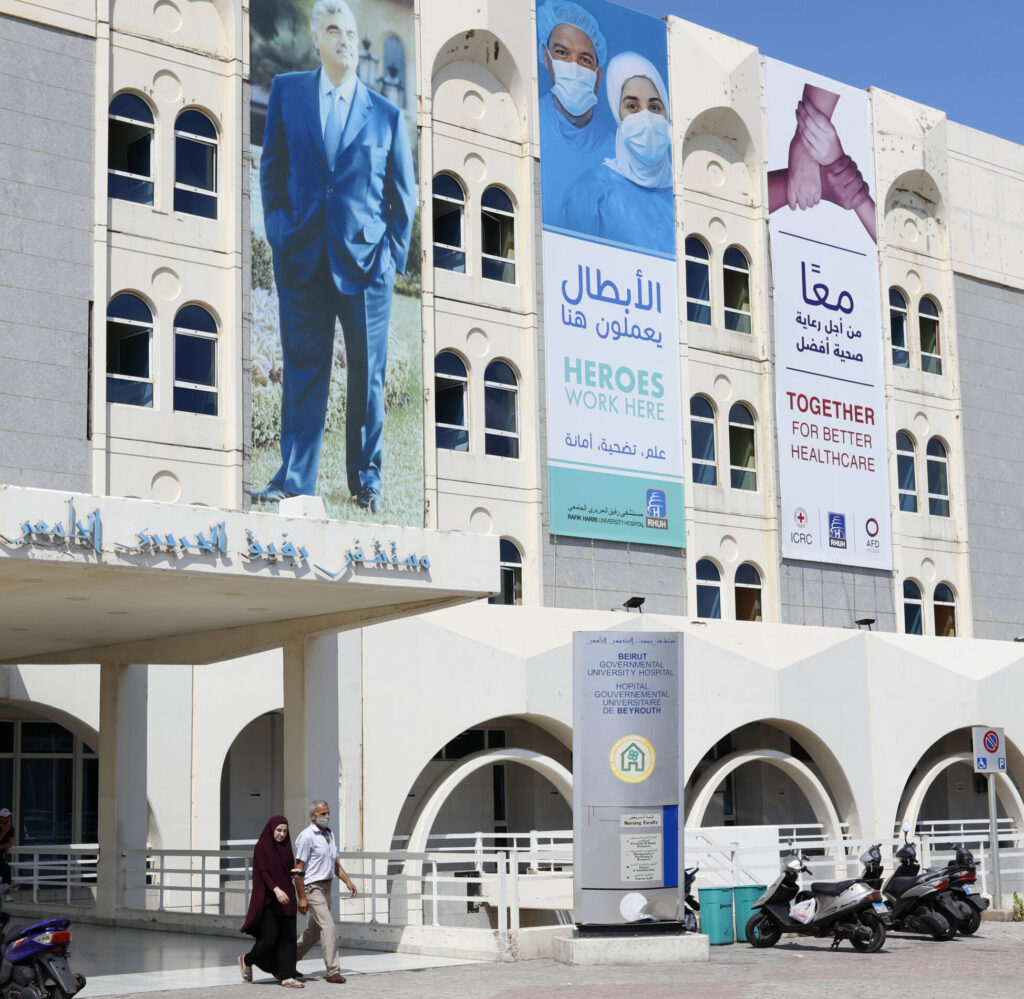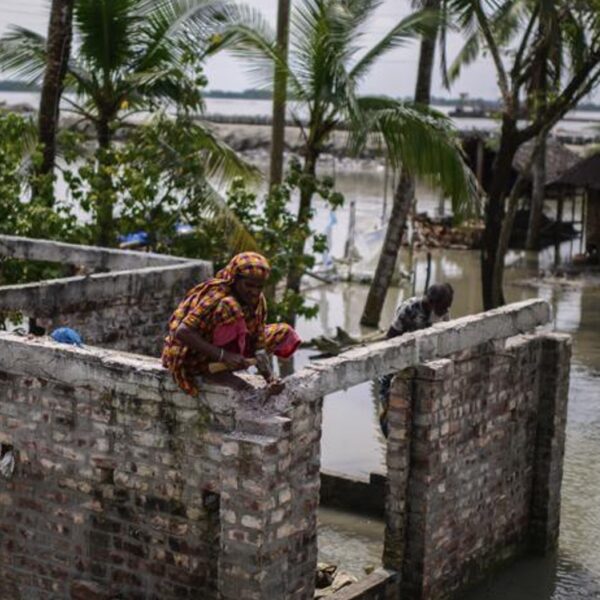January 2024 – December 2025
For humanitarian organisations such as the ICRC, the digitalisation of conflict environments poses a series of concerns related to physical, societal, and psychological cognitive risks to affected populations. The main objective of this project is to develop a methodological framework that enables humanitarian actors to develop awareness and preparedness of the digital dimension of armed conflict, which will be the basis to design adequate responses to people’s needs. A core deliverable will be a tool that can be used easily by humanitarian workers to better detect and document relevant factors, such as risks and harms, of digitalized conflicts in order to develop adequate protection-centred responses and to state and non-state actors.
Expected Impact: Strengthening the ICRC’s ability to provide adequate protection responses to individuals facing harm due to the digital(ised) elements in conflict settings
ETH PI: Dr. Myriam Dunn Cavelty (Center for Security Studies)
ICRC Partners: Joelle Rizk (Digital Threats Advisor), Mark Silverman (Digital Transformation and Data Advisor), Philippe Marc Stoll (Senior Techplomacy Delegate)
Additional Partners: Dr Camino Kavanagh, King’s College London; Enrico Formica, United Nations
Photo: ICRC

